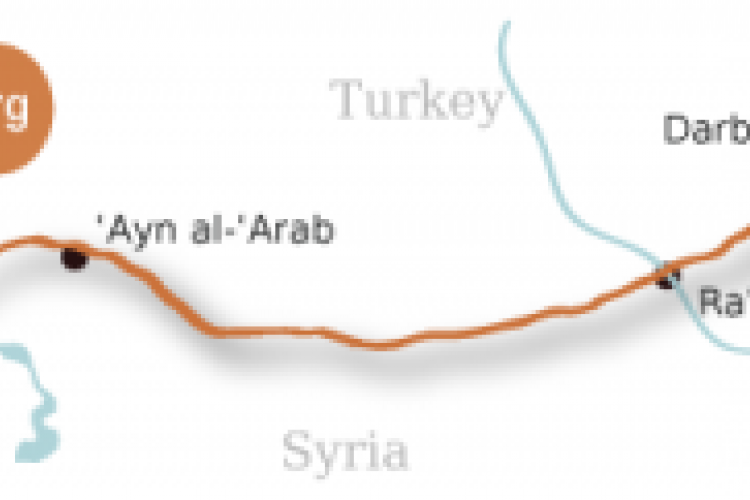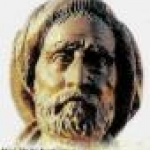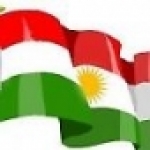Damascus: Ten years after Bashar al‑Assad’s inauguration, the situation of the Kurdish population remains poor
KURDWATCH, July 17, 2010—Ten years ago today the then 34‑year-old Bashar al‑Assad was sworn in as the new Syrian head of state. His inauguration raised hopes for change in the West and beyond. Admittedly, as the son of the deceased Hafiz al‑Assad, he stood for continuity, but at the same time, the young London-educated technocrat was nevertheless considered capable of opening up the country.
These hopes remain unfulfilled—for the Kurdish population of the country as well. In 2009 alone, KurdWatch investigated 175 cases in which Kurds were detained for political reasons. In ninety of these cases, charges were filed. The defendants were most frequently accused of criminal acts pursuant to Articles 307 (inciting racial and sectarian strife) or 336 (participation in demonstrations) of the Syrian Criminal Code. Playing Kurdish music at a wedding or taking part in a nonviolent dissident demonstration is sufficient to be prosecuted under these Articles. Sympathizers and members of Syrian-Kurdish parties are frequently charged on the basis of Article 288 (joining a political or societal association of international character, without prior approval). These parties are still illegal, although all they demand are reforms within the framework of the existing system. Torture while in custody is routine—in 2009, KurdWatch investigated a total of 23 cases; at least one person died as a result of torture. Members and sympathizers of the Democratic Union Party (PYD) with its links to the PKK are especially affected. Though the number of people who have been placed under a travel ban for political reasons is unknown, this measure is frequently used to discipline members of the opposition.
Moreover, none of the big »Kurdish problems« have been solved under Bashar al‑Assad: Thus, for example, approximately 300,000 stateless Kurds still live in Syria. Their right to education, a free choice of career, property, and freedom of movement are severely limited. The majority were born in Syria, thus according to the law they are entitled to Syrian citizenship [download PDF]. Instead, new problems have been created: With the passage of Decree 49 in September 2008 [download PDF] the sale of inner-city land in border regions became subject to approval—a measure which, due to restrictive application by the various intelligence services, has had a harsh impact on al‑Hasakah province in particular.
The most serious confrontation between Kurds and Syrian security forces to date also took place during Bashar al‑Assad’s tenure: In March 2004 sometimes violent mass demonstrations began in al‑Qamishli and spread to all of Syria; the state used all means necessary to quell the unrest. This resulted in 32 dead and countless injured and arrested [download PDF]. The al‑Qamishli riots were followed by the murder of the Kurdish shaykh Xeznewî in May 2005. In all probability this murder can be credited to the Syrian intelligence service. More deaths occurred in connection with various Newroz festivities, most recently in March 2010 in ar‑Raqqah, when Syrian security forces fired into the crowd [further information on the case]. A number of deaths of Kurdish recruits to the Syrian Army remain unexplained.
In summary, ten years after Bashar al‑Assad’s inauguration, the reforms that the president promised in his inauguration speech have never reached the Kurdish population of the country.








